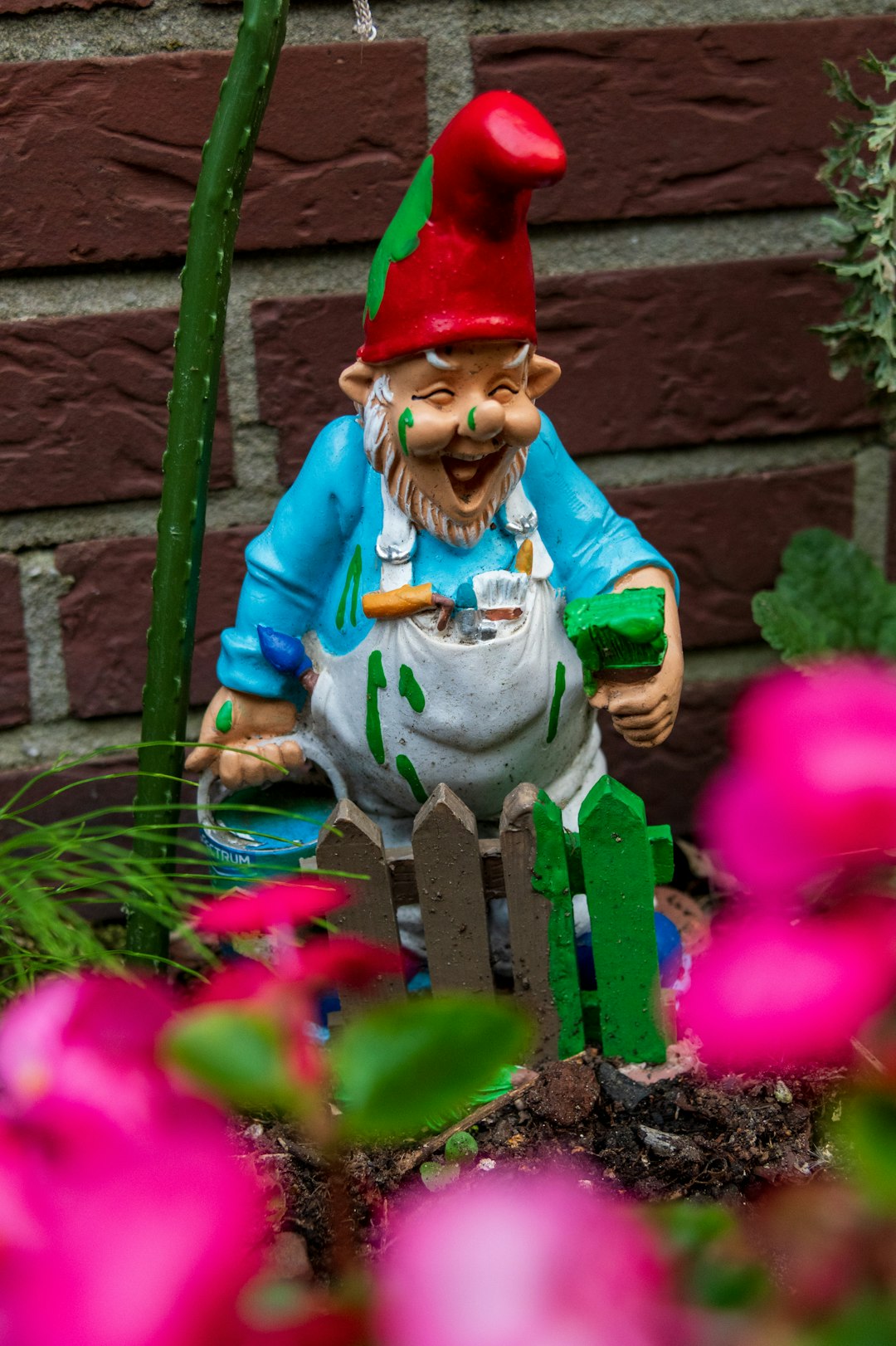Northeast Gardening: Low - Effort Perennials for a Thriving Garden

For those with a passion for gardening in the Northeast, the search for low - maintenance perennials that can thrive in the region's unique climate is a constant pursuit. The Northeast is known for its cold winters, warm summers, and a wide range of soil types. But fear not, as there are several perennials that are well - suited to these conditions and require minimal upkeep.
One of the top choices for Northeast gardeners is the Coneflower (Echinacea). These beautiful flowers come in a variety of colors, including purple, pink, and white. Coneflowers are extremely hardy and can tolerate a wide range of soil conditions, from sandy to clay. They are also drought - tolerant once established, which means you don't have to water them constantly. In addition, they attract pollinators such as bees and butterflies, adding life and color to your garden. To plant coneflowers, choose a sunny location with well - drained soil. They can be planted in the spring or fall, and they will come back year after year, growing taller and more robust with each passing season.
Another great option is the Black - eyed Susan (Rudbeckia hirta). These bright yellow flowers with dark centers are a staple in many Northeast gardens. Black - eyed Susans are easy to grow and can adapt to different soil types. They prefer full sun but can also tolerate partial shade. They are resistant to many common pests and diseases, making them a low - maintenance choice. You can plant them from seeds or seedlings. Once they start blooming, usually in mid - summer, they will continue to flower until the first frost. Their long blooming period makes them a great addition to any garden, providing continuous color throughout the warm months.
Daylilies (Hemerocallis) are also a popular choice for Northeast gardeners. There are thousands of different varieties of daylilies, each with its own unique color and shape. Daylilies are very adaptable and can grow in a wide range of soil and light conditions. They are drought - tolerant and can withstand cold winters. They are also relatively pest - free. Daylilies are known for their large, showy flowers that only last for one day, but new flowers open each day, ensuring a long - lasting display. They can be planted in groups or as individual specimens, and they will spread over time, filling in empty spaces in your garden.
Hostas are a classic choice for shady areas in Northeast gardens. These plants are valued for their large, textured leaves that come in a variety of colors, from green to blue to variegated. Hostas are very low - maintenance and can thrive in areas with limited sunlight. They prefer moist, well - drained soil but can tolerate some dryness. However, they are susceptible to slug damage, so you may need to take some preventive measures, such as using slug traps or applying slug - resistant mulch. Hostas are slow - growing but can live for many years, adding a touch of elegance to your garden's shady corners.
When it comes to caring for these low - maintenance perennials, there are a few general tips. First, make sure to plant them in the right location according to their sunlight and soil requirements. Water them regularly during the first growing season to help them establish a strong root system, but once they are established, reduce the frequency of watering. Fertilize them sparingly, as most perennials don't need a lot of fertilizer. In the fall, cut back the dead foliage to keep your garden looking tidy and to prevent the spread of diseases. And in the spring, you can divide overcrowded plants to promote better growth and more blooms.
In conclusion, gardening in the Northeast doesn't have to be a high - maintenance chore. By choosing these low - maintenance perennials, you can create a beautiful and thriving garden that will bring you joy for years to come. Whether you have a large backyard or a small balcony, there are perennials that can fit your space and your gardening style. So, roll up your sleeves, get your hands dirty, and start planting these wonderful perennials in your Northeast garden today!